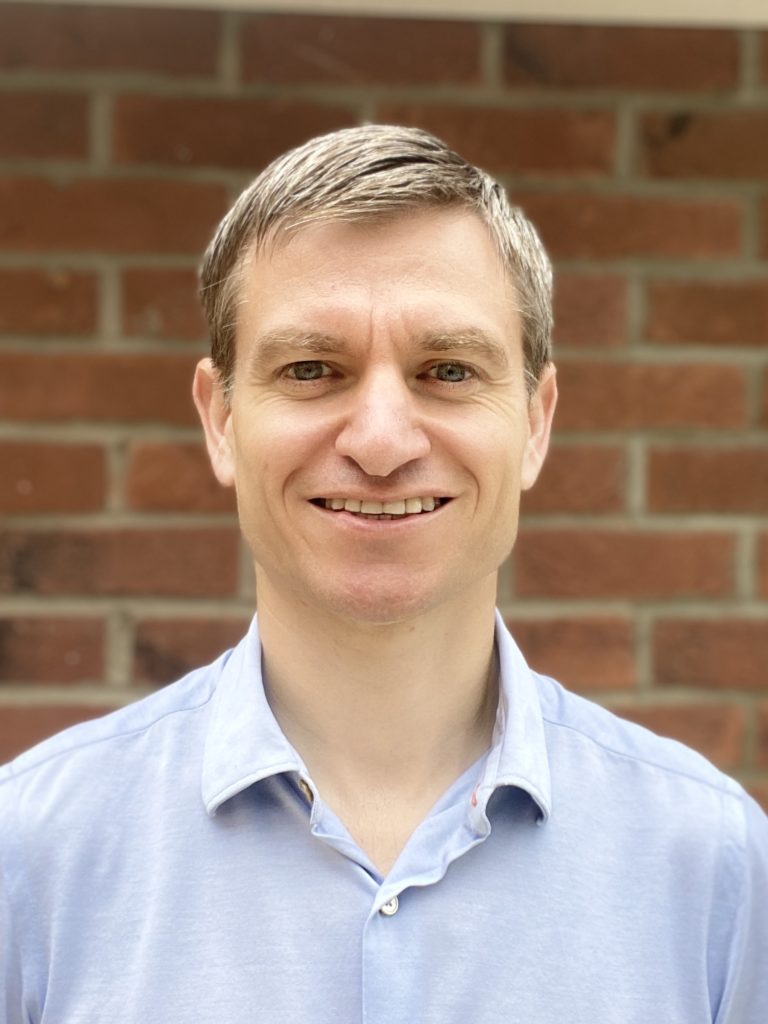Mentoring for Greater Diversity; Ground Forum, FPS and AGS Take the First Steps
Joint article between Steve Hadley, Chair of FPS and Neil Parry, Chair of Ground Forum and AGS past Chair
Few would argue that a diverse workforce is one which brings many benefits to a business, providing a fresh outlook, expressing different ideas and showing new ways of thinking. Diversity also reflects society in general and can provide significant value to a business. Promotion of a diverse and capable workforce is an important corporate responsibility for a modern progressive company. The recent AGS webinar: Improving Company Performance through Equality, Diversity and Inclusion discussed the need to eliminate discrimination, create equal opportunities and develop good working relationships between different people.
Statistics tend to vary but Engineering UK’s figures from its ‘Gender disparity in engineering’, brief highlighted that just 12% of those working in engineering are women. The 2019 fourth quarter ONS’s Labour Force Survey showed that just 5.4% of construction workers were BAME and may be as low as 2%. It is likely that the ground engineering sector is similarly unrepresentative.
The Federation of Piling Specialists (FPS) played a key part in the establishment of a Mentoring Scheme, which is now being taken forward by Ground Forum (GF); bringing together the representation of related societies and other trade associations, including the FPS and AGS. The scheme is designed specifically to support the goal of increasing the number of currently underrepresented groups within the construction sector, as well as retain those already within it. Mentors have been taken from all sectors of the industry that feel passionate about construction and who are able to offer a real-world and positive personal perspective on the geotechnical sector.
Working with experienced ground engineering representatives such as Ebenezer Adenmosun, director of Geofirma and an active mentor of engineers, typical mentees were identified as students at university that have expressed an interest in the sector; early career persons, such as graduates looking to get chartered but lack the necessary guidance and support within their organisations; experienced persons who would benefit from a little encouragement to re-capture their interest; and site operatives looking for more general support.
In November 2020, more than 60 Mentees and Mentors met virtually to kick off the GF scheme. This was extremely successful at connecting the first ‘batch’ of students, from a broad range of Universities with ground engineering industry professionals. Universities that have signed up so far include Portsmouth, Loughborough, Bradford, Leeds, Brunel, Hertfordshire and Bath. Students have included those studying Batchelors qualifications in Civil Engineering, Geology, Structural Engineering and Geotechnical Engineering, from 1st year to postgraduates.
This is just the start of the initiative, with the aim of the programme having multiple threads and looking to engage with a wider spread of mentees in the longer term. The first step was designed to enable students to feel confident in their career choices, strengthen their employability skills and enabling them to be connected to a network of future drivers for change. Importantly, it will also help mentees find their part in multidisciplinary teams at project, programme, and portfolio levels, which is essential if they are to establish themselves within the industry.
Mentees will also be able to undertake work experience during their studies, which will give them a flavour of real-world working and integrates well into the whole mentoring concept. With the support of many companies, the work experience opportunities will take place in the Spring.
Mentees had their first meetings with their mentors before Christmas, where they established a framework and programme going forward, with planned feedback shaping the direction of the scheme. A feedback session from the mentors has led to them revealing some really positive stories, including how the mentors have enjoyed the experience of coaching the students.
Future initiatives that are being enabled include:
• Setting up an online group to share information, such as relevant CPD events, with the mentees.
• Using the extended network of the group to provide work experience opportunities.
• Arranging site visits, interviews and CV workshops.
Significant funding and offers of continued financial support have already been made from members of the Ground Forum including FPS, AGS, BDA, BGA and the PJA. These organisations will also be involved in the network of support and promotion of the scheme.
Although it is still early days in the scheme’s running, it is encouraging to note that it has been heavily oversubscribed, which supports the theory that there is plenty of interest in the sector. The mentors have the significant challenge ahead of them of supporting the enthusiasm that the scheme has generated, a task that they are glad to step up to. Other representative bodies have also expressed their interest in following Ground Forum’s lead in setting up similar schemes.

